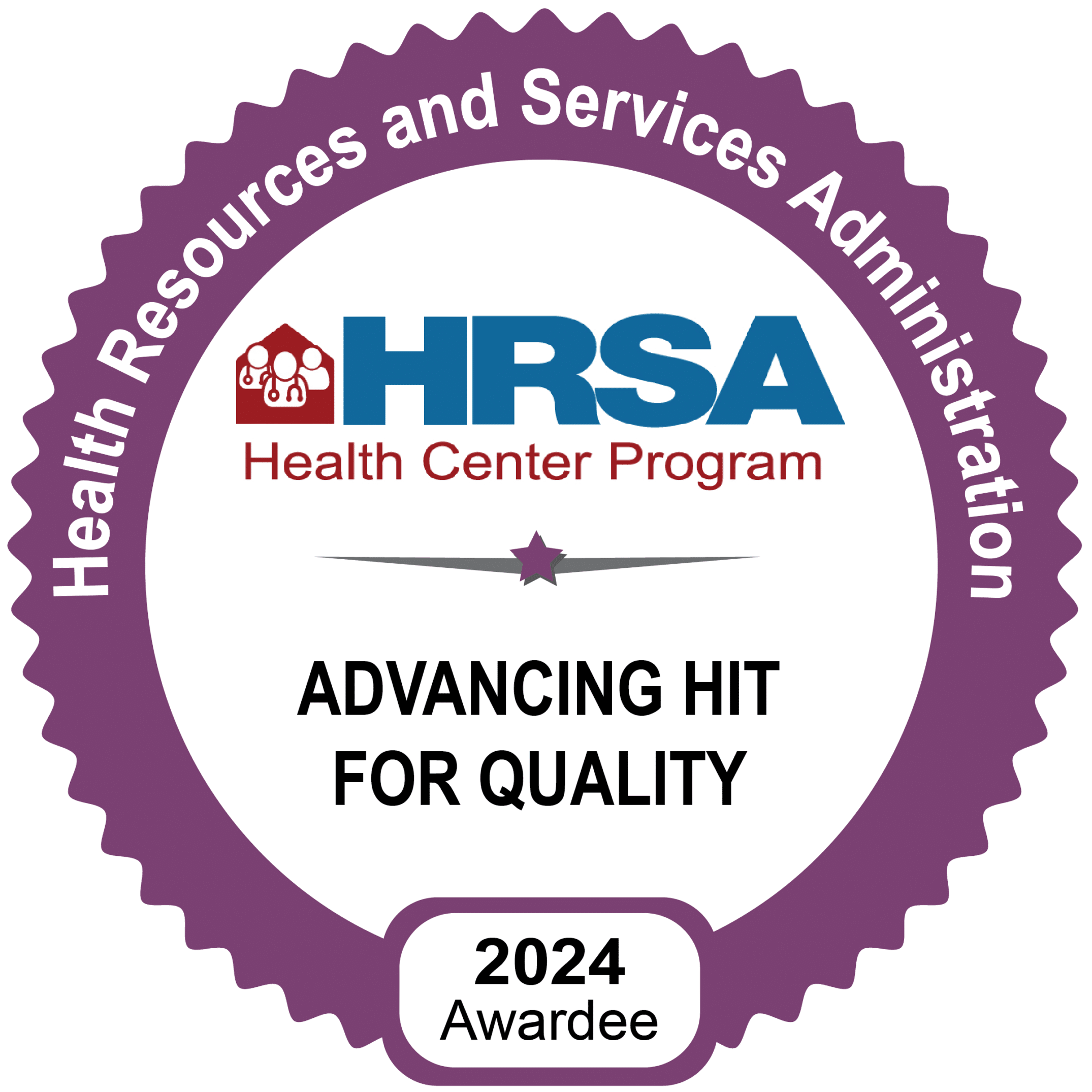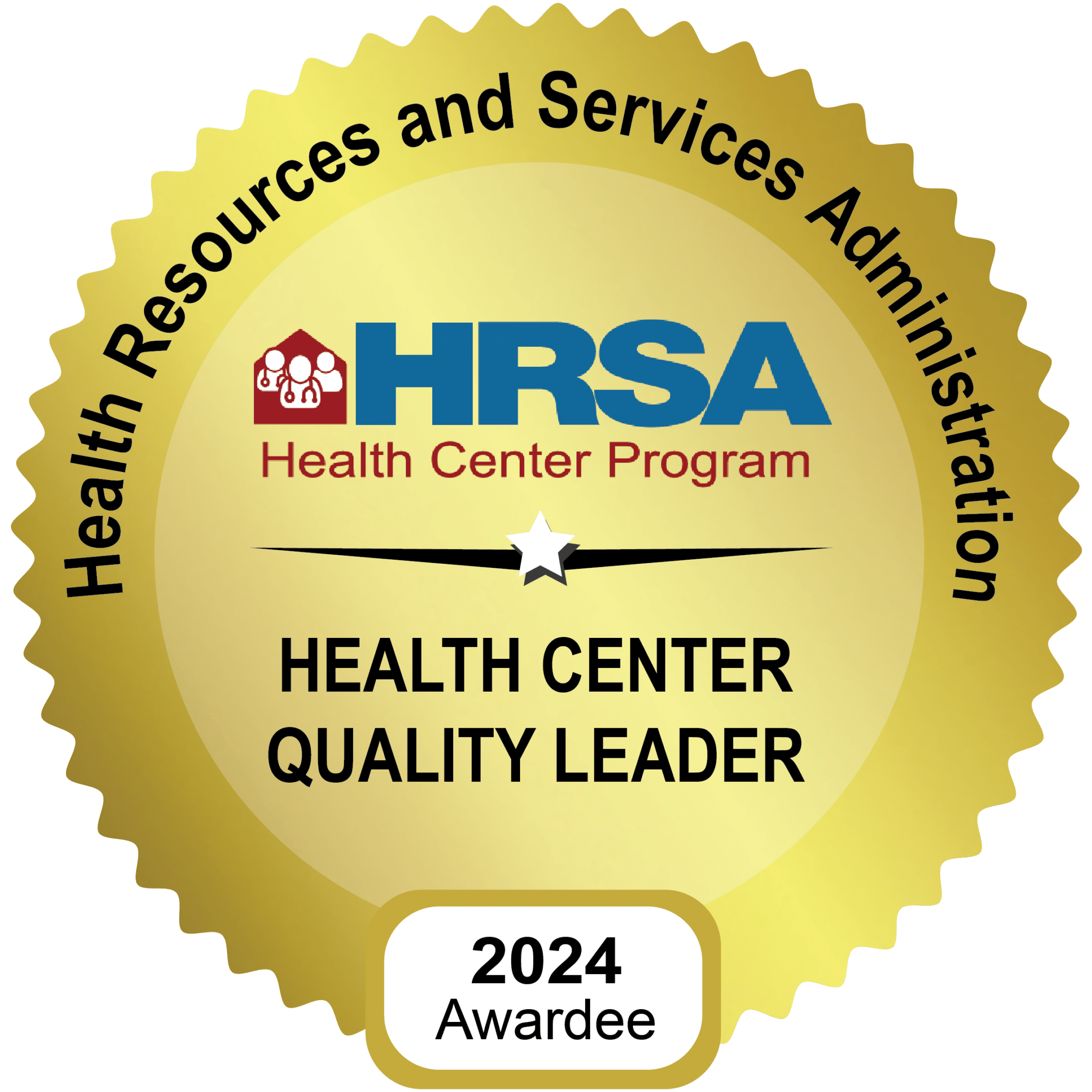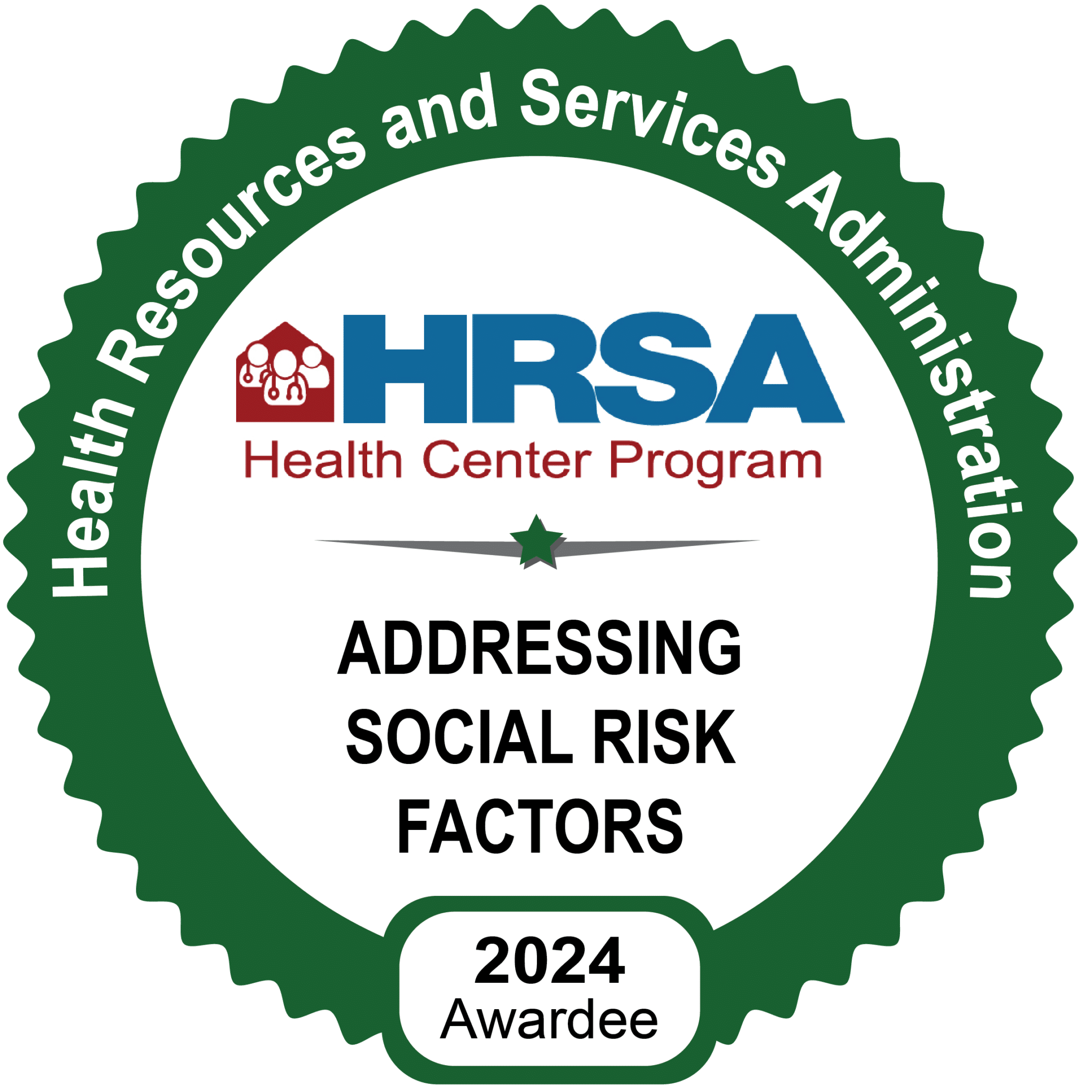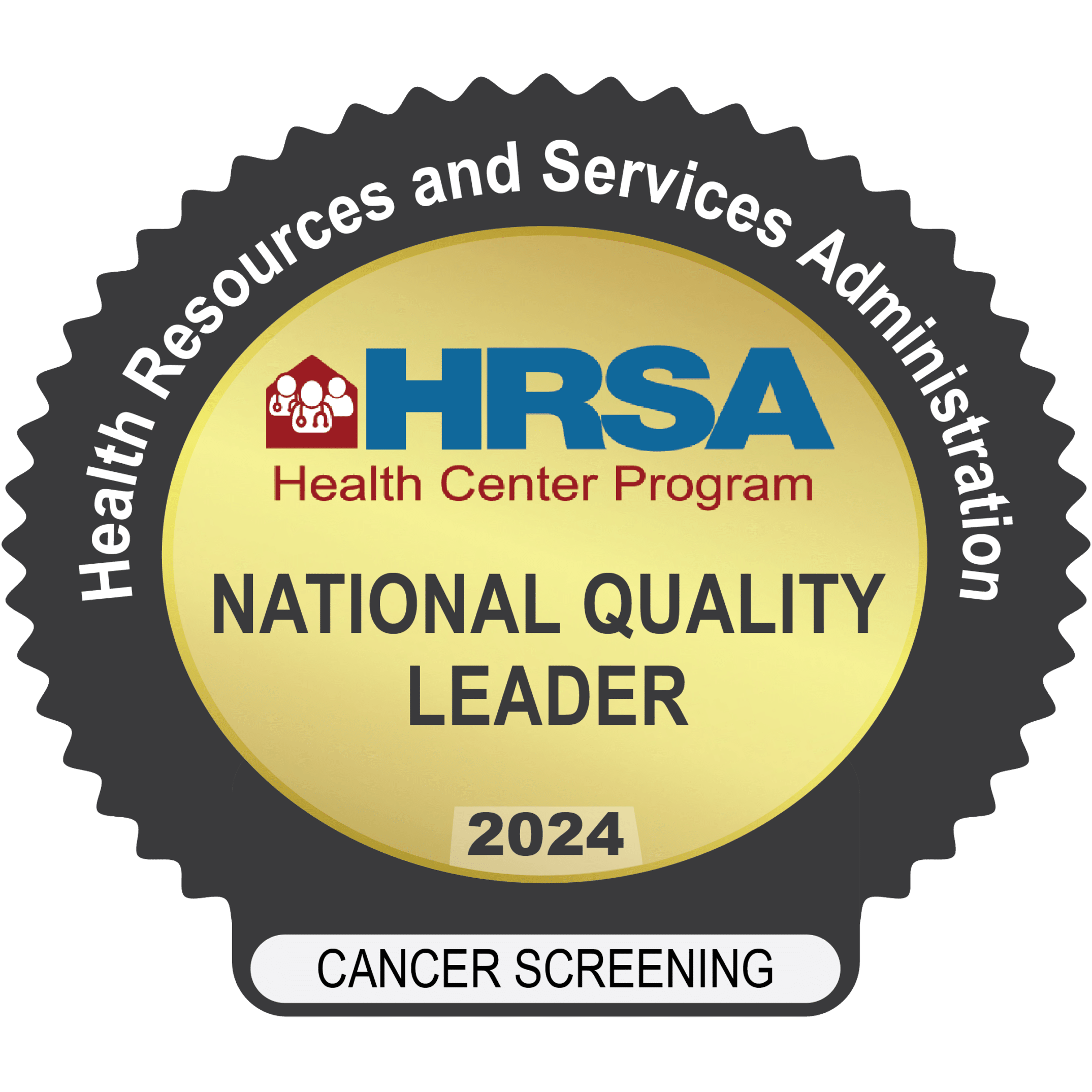Reducing the Risk
Diabetes, a chronic metabolic disorder characterized by elevated blood sugar levels, affects millions worldwide. As we step into National Diabetes Awareness Month, it’s crucial to shed light on the growing concern of diabetes and the significance of its management. Teche Health is committed to raising awareness about diabetes and providing effective strategies for identifying and managing this condition.
Understanding Diabetes
Diabetes can manifest in different forms, with Type 1, Type 2, and gestational diabetes being the most common. Type 1 diabetes is often diagnosed in childhood and occurs when the body’s immune system attacks and destroys insulin-producing cells in the pancreas. Type 2 diabetes, more prevalent in adults, develops when the body becomes resistant to insulin or doesn’t produce enough insulin to maintain normal blood sugar levels. Gestational diabetes occurs during pregnancy and typically resolves after childbirth.
Diabetes Management Programs
Fortunately, numerous diabetes management programs are available to guide individuals in effectively controlling their condition. These programs offer education on healthy eating, physical activity, monitoring blood sugar levels, and taking medications as prescribed. Regular interaction with healthcare professionals and diabetes educators can empower patients to make informed decisions and maintain optimal health. Fostering a strong support system that includes family, friends, and healthcare providers can significantly impact the well-being of those with diabetes.
Diabetes in Older Adults
Diabetes management becomes increasingly critical as individuals age, partially due to factors such as age-related changes in metabolism, increased risk of obesity, and decreased physical activity. Older adults may have additional health concerns and medication regimens, making diabetes care more complex. Regular check-ups and screenings are essential to monitor blood sugar levels, blood pressure, and cholesterol. Symptoms of diabetes can be masked by other health conditions, and the treatment approach might need to be tailored based on the individual’s overall health status and potential interactions with other medications they might be taking.
Treating Childhood Diabetes
Childhood diabetes, primarily Type 1, requires special attention and care. Diagnosing diabetes in children can be daunting for both parents and young patients. It’s crucial to provide emotional support and education to help children understand their condition and actively participate in their care. The cornerstone of understanding how to treat childhood diabetes is insulin therapy, administered through injections or an insulin pump, to regulate blood sugar levels. Regular blood sugar monitoring is crucial to adjust insulin doses and maintain stable glucose levels. Alongside medical interventions, a balanced diet with attention to carbohydrate intake and consistent meal times plays a pivotal role. Engaging in regular physical activity helps improve insulin sensitivity and overall health. Parents can collaborate with healthcare professionals to develop a diabetes management plan that includes insulin administration, blood sugar monitoring, and a balanced diet.
Lifestyle Modifications
Lifestyle plays a pivotal role in diabetes management. Healthy eating habits and regular physical activity are essential components of a successful management plan. A balanced diet rich in fruits, vegetables, whole grains, lean proteins, and healthy fats can help regulate blood sugar levels. Regular exercise improves insulin sensitivity and helps maintain a healthy weight.
Monitoring and Medication
Monitoring blood sugar levels regularly provides valuable insights into how well diabetes is being managed. Blood sugar targets may vary depending on individual circumstances, and healthcare providers can guide patients on optimal levels. For those requiring medication, adherence to prescribed medications is crucial, as well as maintaining open communication between patients and healthcare providers to adjust medication regimens as needed.
National Diabetes Awareness Month serves as a reminder of the importance of understanding, identifying, and effectively managing diabetes. By fostering awareness, education, and support, we can reduce the risks associated with diabetes and empower individuals to lead healthier, more fulfilling lives. Whether it’s diabetes in older adults, childhood diabetes, or any other form of the condition, there are strategies and resources available to help individuals take control of their health and well-being. Teche Health is dedicated to offering comprehensive diabetes management programs that cater to individuals across different life stages.




